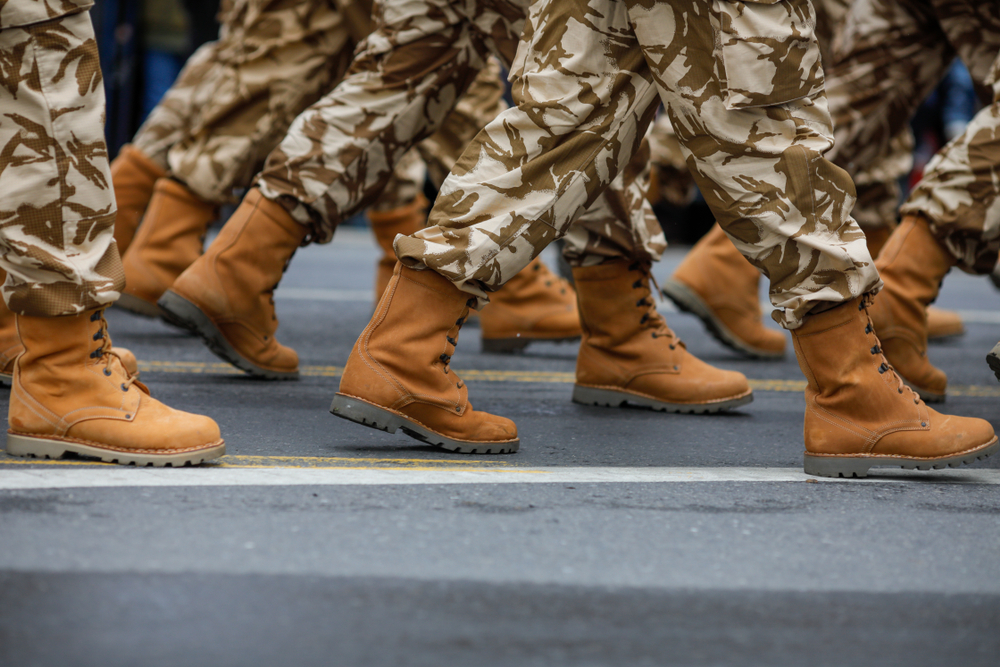The documents state that Maduro sent a letter to Russian President Vladimir Putin via a senior adviser.
Others are reading now
As U.S. military activity increases in the Caribbean, Venezuelan President Nicolás Maduro is reaching out to allies for defense support. The move reflects growing anxiety in Caracas over potential U.S. intervention or escalation.
Confidential documents reveal Maduro’s outreach
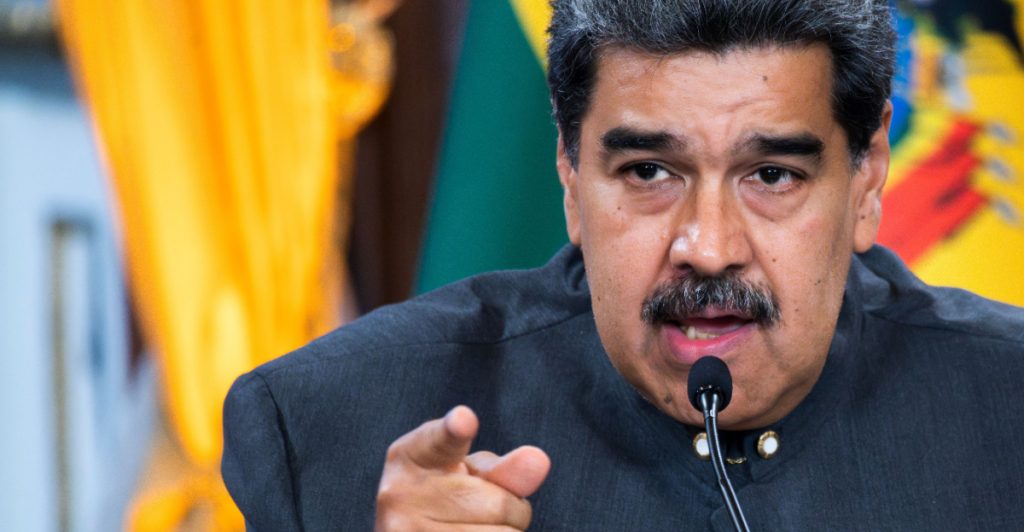
According to internal U.S. government documents reported by The Washington Post, Maduro has formally asked for military help.
His administration is seeking to bolster defense partnerships as tensions with Washington mount.
A letter to Putin sent through a senior envoy
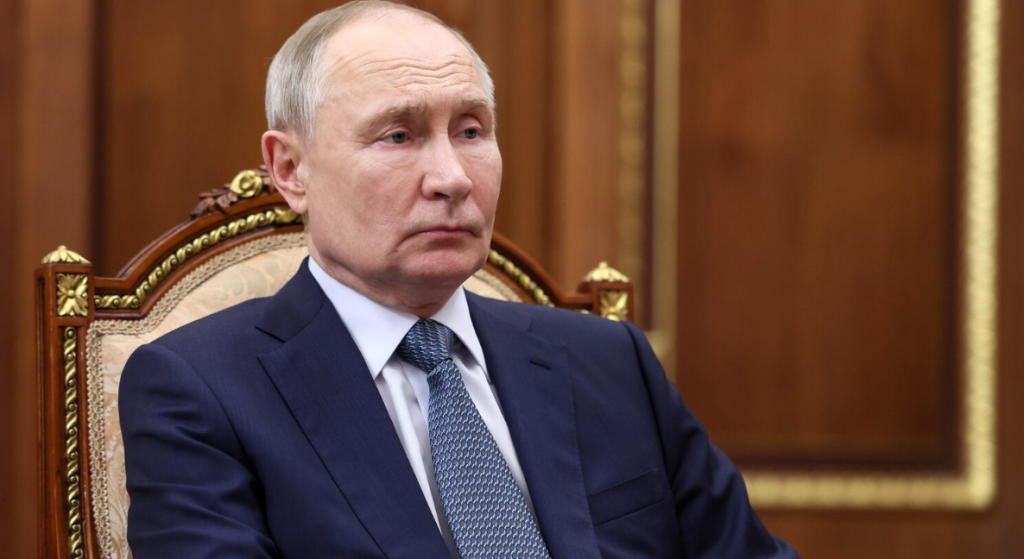
The documents state that Maduro sent a letter to Russian President Vladimir Putin via a senior adviser.
The contents reportedly detail a request for military assistance, though specific weapon systems or commitments weren’t disclosed.
Also read
Russia remains a key backer of Maduro
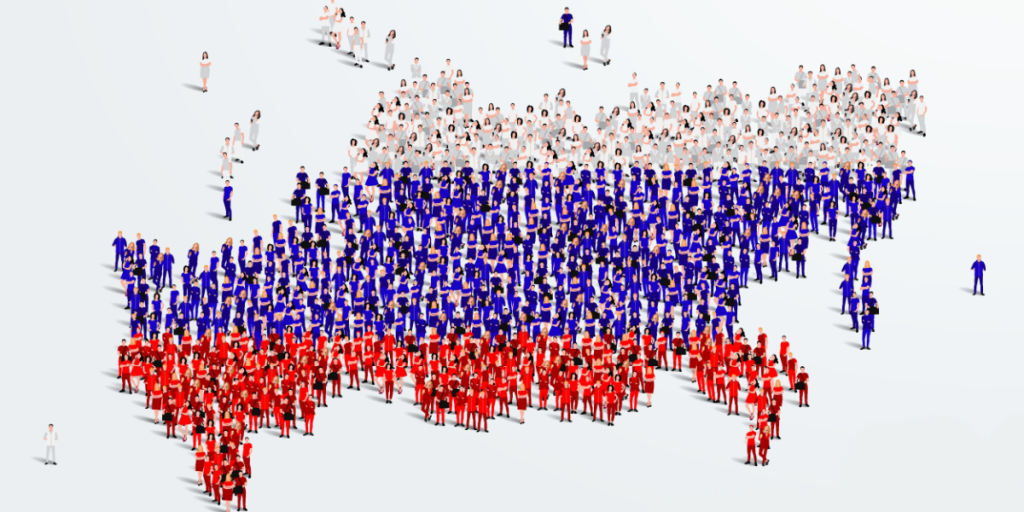
Russia has long supported Maduro, supplying arms and offering diplomatic backing at international forums.
The latest request may be part of efforts to deepen that relationship at a time of heightened geopolitical friction.
Venezuela shifts toward multipolar defense partnerships
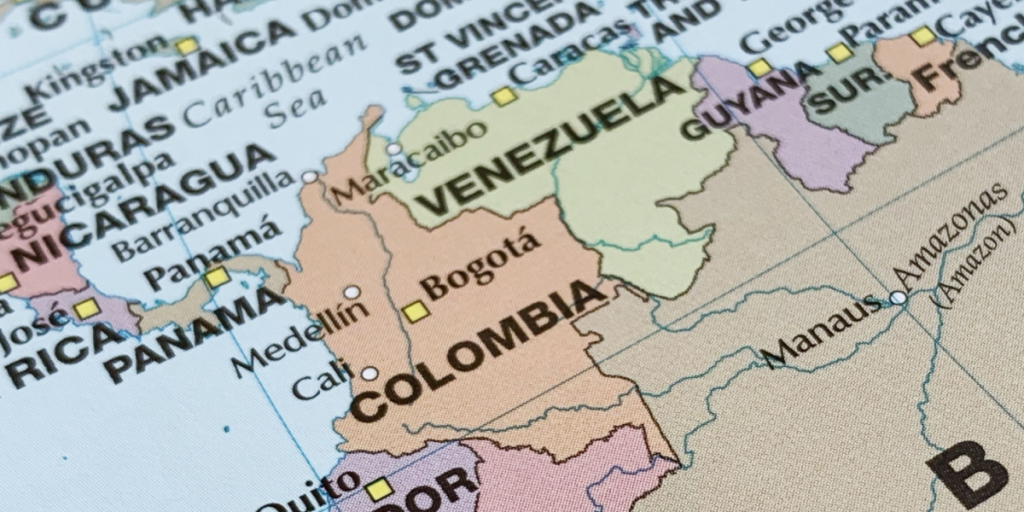
Maduro’s approach signals a strategic shift toward building a network of global military partnerships.
Instead of relying on a single ally, Venezuela is courting several powers opposed to U.S. influence.
Iran enters the equation with direct military support
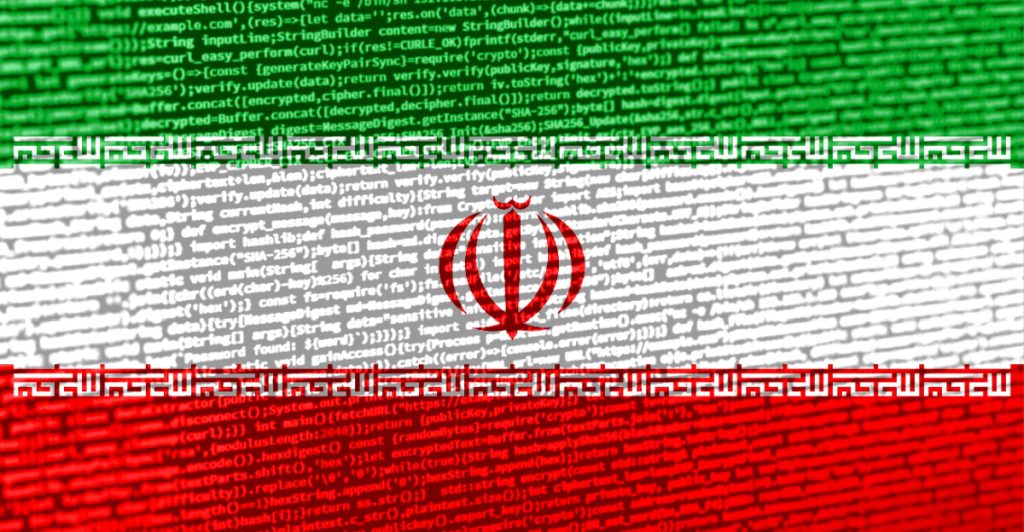
Unlike the letters to Russia and China, military cooperation with Iran appears more advanced. Transport Minister Ramón Celestino Velásquez has already been coordinating arms shipments and is actively engaged in ongoing discussions with Iranian officials.
Also read
Weapons requests include drones and electronic warfare tools
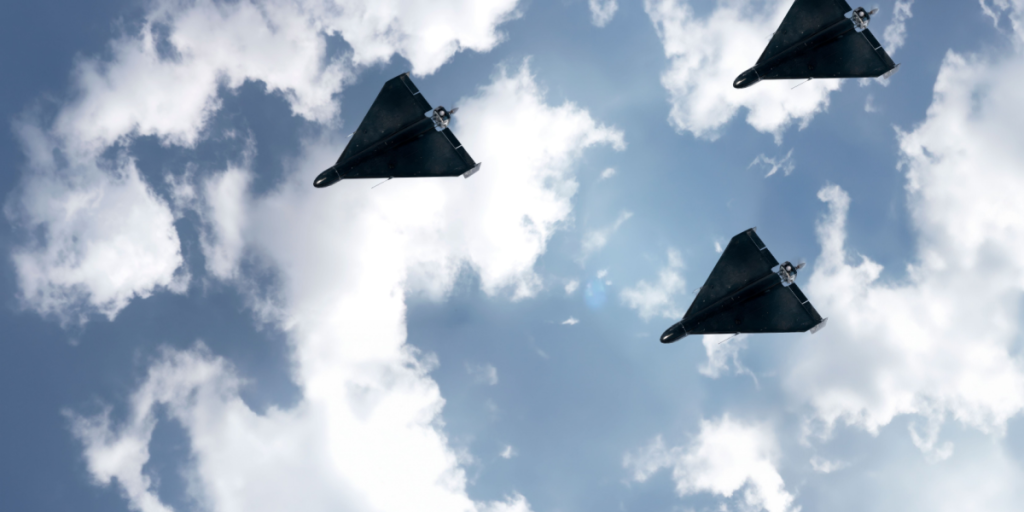
The documents say Velásquez requested a range of equipment from Iran, including “passive detection systems,” “GPS scramblers,” and drones with ranges of up to 1,000 kilometers, technology that would boost Venezuela’s surveillance and electronic warfare capacity.
Venezuelan minister planning visit to Tehran
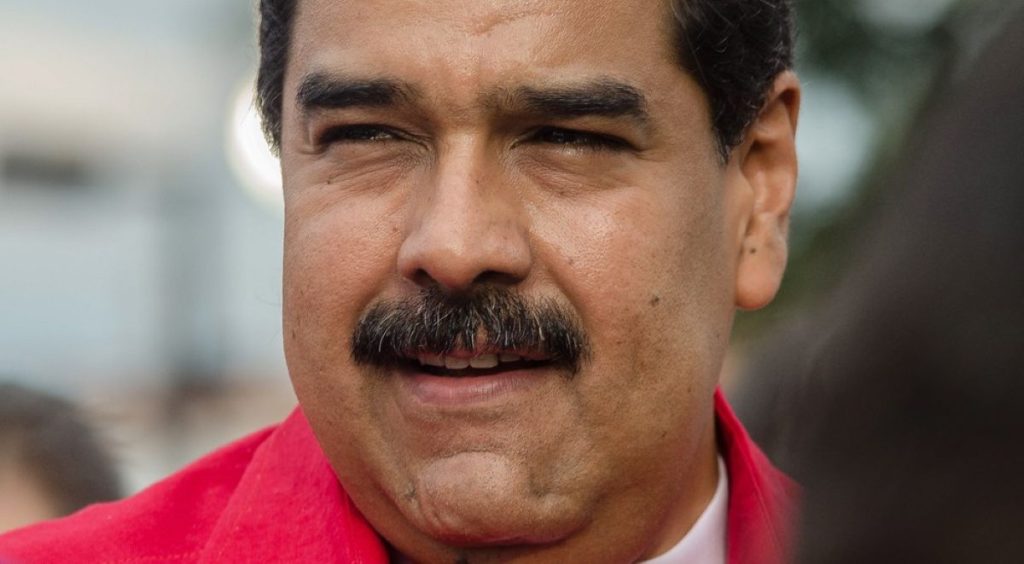
Velásquez is reportedly planning a trip to Iran to solidify military cooperation.
The visit could result in expanded weapons deals and deeper technical collaboration between the two countries.
Maduro’s moves follow increased US activity in the region
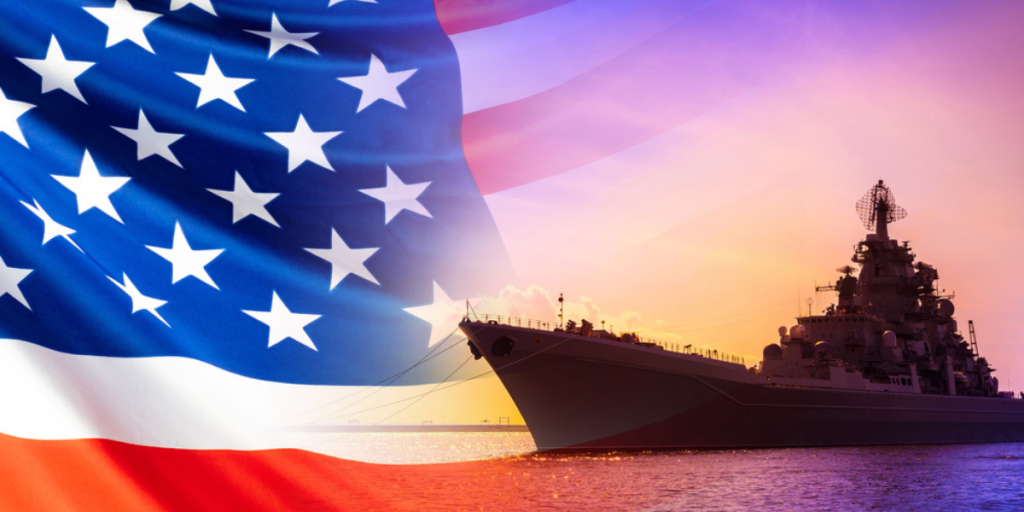
The push for foreign military backing comes as the U.S. steps up its presence in the Caribbean.
Although Washington has not publicly signaled a change in policy, Caracas appears to be bracing for potential conflict or further destabilization.
Also read
Venezuela attempts to counterbalance US influence
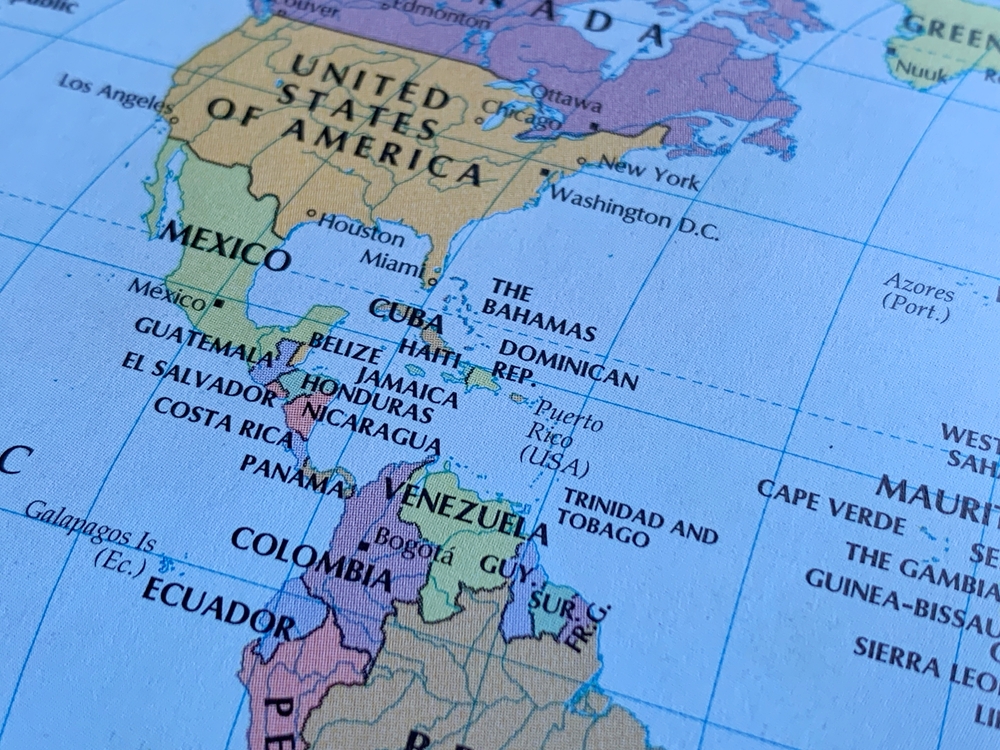
By deepening ties with Russia, China, and Iran, Maduro is aiming to counter what he sees as U.S. aggression. These efforts are part of a broader strategy to insulate Venezuela from Western diplomatic and economic pressure.
Foreign military ties likely to worry Washington
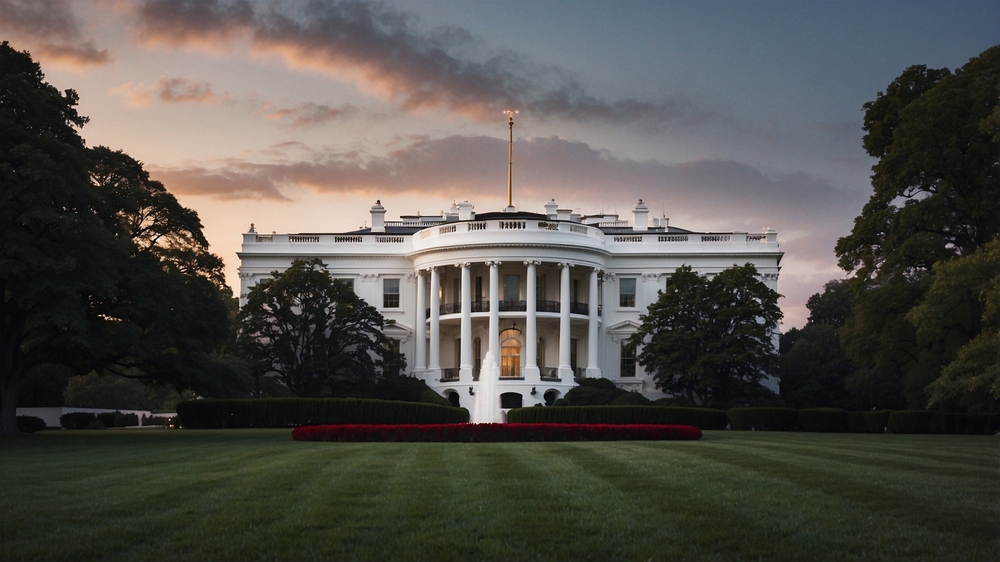
Venezuela’s growing reliance on countries hostile to U.S. interests is likely to heighten concern in Washington and across Latin America.
The possibility of foreign troops, arms, or advisors entering the region could raise the stakes.
Analysts divided: defense or provocation?

Experts are split on how to interpret Maduro’s actions. Some say it’s a defensive move meant to deter foreign interference, while others argue it could escalate tensions and invite retaliation or sanctions.
Venezuela prepares for a more militarized future
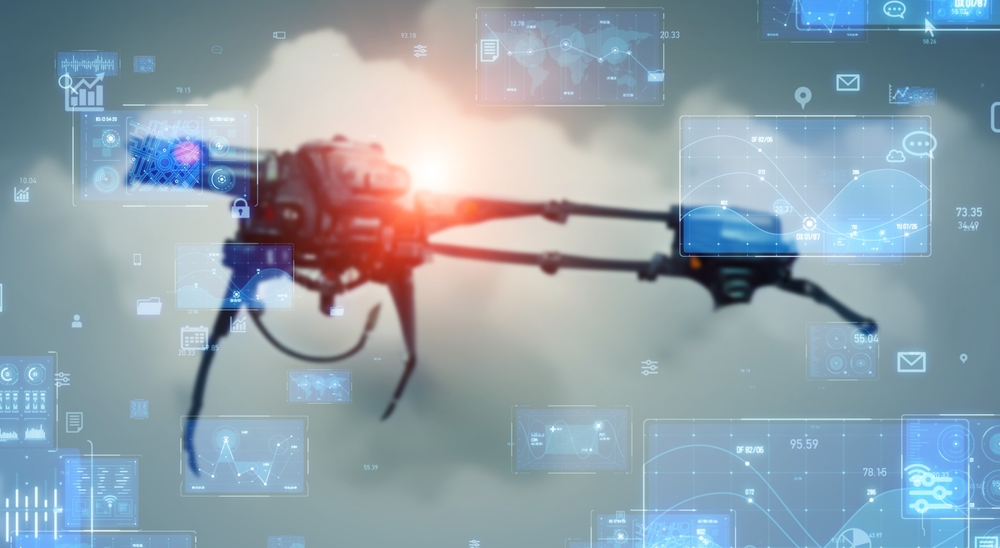
Whether these requests result in actual military support remains uncertain. But Maduro’s strategy marks a clear shift: Venezuela is preparing for confrontation, and it’s looking far beyond its borders for backup.

